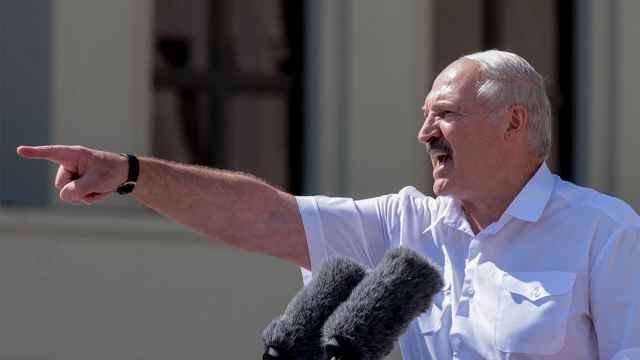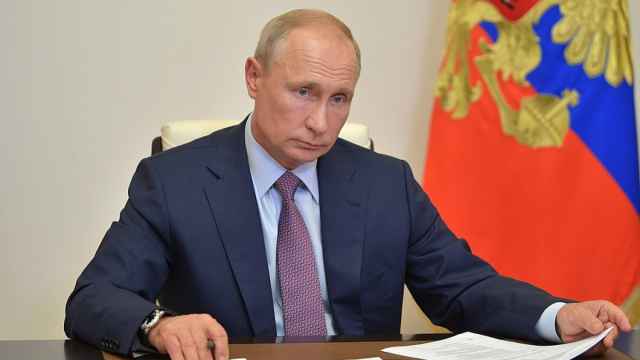The wealth held offshore by wealthy Russians was equivalent to 75 percent of the country’s national income by 2015, a new study by the National Bureau of Economic Research (NBER) claims.
The NBER study, authored by prominent economists including Thomas Piketty, maps the distribution of income and wealth in Russia since the fall of the Soviet Union.
The authors said capital flight had increased since 1990, reaching about 75 percent of national income by 2015, or the equivalent of the total financial assets of Russian households.
Offshore wealth is roughly three times larger than official net foreign reserves, the report adds.
“There is as much financial wealth held by rich Russians abroad—in the United Kingdom, Switzerland, Cyprus, and similar offshore centers—than held by the entire Russian population in Russia itself,” the report said.
According to numbers from Russia’s federal statistics agency Rosstat, Russia’s GDP in 2016 was 83.7 trillion rubles. By NBER’s estimates, that means roughly 62.7 trillion rubles is being held offshore, RBC reports.
The economists described Russia as having "an extreme level of inequality,” saying top income shares in Russia could be higher than those in the United States, with the top 1 percent holding up to 25 percent of Russia’s wealth.
“Income inequality was high under Tsarist Russia, then dropped to very low levels during the Soviet period, and finally rose back to very high levels after the fall of the Soviet Union,” the report says.
“The number of Russian billionaires—as registered in international rankings such as the Forbes list—is extremely high by international standards.”
A Message from The Moscow Times:
Dear readers,
We are facing unprecedented challenges. Russia's Prosecutor General's Office has designated The Moscow Times as an "undesirable" organization, criminalizing our work and putting our staff at risk of prosecution. This follows our earlier unjust labeling as a "foreign agent."
These actions are direct attempts to silence independent journalism in Russia. The authorities claim our work "discredits the decisions of the Russian leadership." We see things differently: we strive to provide accurate, unbiased reporting on Russia.
We, the journalists of The Moscow Times, refuse to be silenced. But to continue our work, we need your help.
Your support, no matter how small, makes a world of difference. If you can, please support us monthly starting from just $2. It's quick to set up, and every contribution makes a significant impact.
By supporting The Moscow Times, you're defending open, independent journalism in the face of repression. Thank you for standing with us.
Remind me later.







